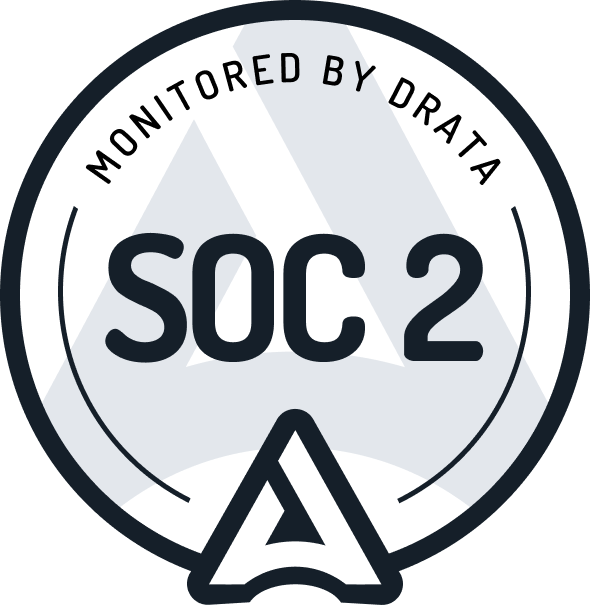
How kern.ai grew their stargazers from 0 to 800 in 1 week
Get notified when customers mention you online - with Crowdlens
Kern.ai is building open-source developer tools for data-centric NLP. The company’s recently released IDE refinery enables developers to automatically label data, manage data, and easily access neural search capabilities. You can think of it as the data-centric sibling of your favorite programming environment.
At first, kern.ai planned to build a proprietary developer tool, but after dozens of user research interviews with data scientists and developers, they realized that open source is a main criteria for their target users nowadays. Therefore, they decided to open source the whole application with the goal of gaining community traction, finding early adopters, and getting valuable product feedback.
For open source projects - and especially those that build a commercial product on top of it - GitHub stars are a valuable currency. While it's debatable how much GitHub stars say about the quality of a project, they remain the most important metric potential users, contributors, or investors look at to gauge its popularity. Therefore, GitHub stars were an important and measurable metric of success for kern.ai’s open source launch.

We sat down with Johannes Hötter, who is Co-Founder & CEO at kern.ai, to discuss how they reached 800 stargazers within a week and which role crowd.dev played in this successful open source launch.
The weeks before the launch
The team at kern.ai had never open-sourced something before. With auto-ml docker, they decided to launch a smaller project first to gain some experience. They then took the learnings from this project and created a content plan for the time leading up to the open source launch, including:
- Creating extensive developer-friendly documentation, including a lot of “hello world” examples
- Producing regular YouTube tutorials, including product snippets and even end-to-end use cases
- Starting a weekly newsletter with a mix of updates about data-centric NLP and kern.ai
- Publishing blog articles on a regular basis, on both DEV and their own blog
- Sharing regular social media updates on Twitter and LinkedIn, e.g. with introductions of team members
- Creating an announcement blog that would catch people’s attention
“We wanted to make sure that our launch wouldn’t be the very first thing people would see from us.”
The launch week
On launch day, kern.ai posted the announcement blog to a bunch of different channels, including HackerNews, DEV, LinkedIn, Twitter, and their own newsletter. This resulted in 140,000 visitors on their GitHub repo and over 800 stargazers within a week.
The HackerNews post was especially successful and stayed on the front page for almost 8 hours.

In addition to that, their post on DEV reached almost 15,000 people, resulting in about 100 stargazers for their GitHub repository and a bunch of useful feedback.

Looking at the recipe for these viral posts, you quickly come across the following points:
- Catchy headline: “The data-centric sibling of VS Code” sparks curiosity and encourages people to take a look
- Open source advantage: Especially on platforms like HackerNews or DEV, people are a lot more welcoming and supportive to open source projects (vs. proprietary SaaS)
- Clear & encouraging communication: The whole communication around the launch was super transparent and open (e.g. they shared a diagram of their software architecture). This made it easy for people to feel an early sense of belonging with the project.
To keep the momentum going, Johannes kept sharing updates, including metrics about the launch, on LinkedIn and Twitter. This "build in public" approach made an impact and resulted in the posts with the most engagement throughout the campaign.
After the word was out, the team at kern.ai received an immense amount of helpful feedback - ranging from simple set-up issues to well-thought-through features ideas from senior data scientists.
“In the first 3 days, we were basically all just reacting to GitHub issues, Discord messages, and support tickets. It was our top priority to show the community that we care about feedback and take action quickly. We learned so much about how we can make our application even more powerful and believe that this will bring us closer to product-market-fit.”
To keep track of all the reactions and feedback, kern.ai connected all relevant data sources to crowd.dev and used the activity and conversations feed to stay on top of what was going on in the community.
“I basically had crowd.dev open on my second screen all the time. It was the place we looked into to make sure that we were not missing any feedback or conversation on any platform. I had it multiple times that I spotted a Discord conversation that would have gone lost otherwise. That was really helpful.”

With the Community Help Center feature, kern.ai kept all ongoing conversation in-sync with a public hosted landing page. Besides reducing duplicate questions, this will help kern.ai with their SEO efforts in the long-term.

On top of that, they used the members' directory to get more background information about people before they started interacting with them on platforms like GitHub or Discord.
Looking ahead
Besides product improvements, the upcoming months at kern.ai will be about fostering and engaging the initial community. They plan to launch refinery on ProductHunt in the next weeks. Furthermore, they want to use the community’s feedback to create more content and make it even easier to get started with refinery.
According to Johannes, crowd.dev will continue to play a big role in his community building initiative.
“Building and engaging community is my top priority as a founder of an open source startup. Crowd.dev is basically the operating system for that. I’m especially excited about the features that will come in the next months.”
Get insights to your inbox.
Once per month. No spam.


.png)





